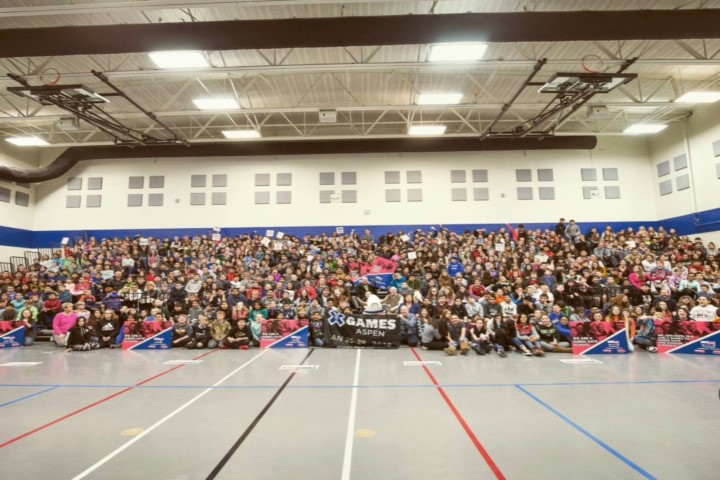Major League Baseball is working with ESPN and the San-Francisco anti-bullying organization No Bully to “Shred Hate” in schools across the country.


Major League Baseball is working with ESPN and the San-Francisco anti-bullying organization No Bully to “Shred Hate” in schools across the country.
MLB and ESPN launched the “Shred Hate” program at the 2017 X-Games that included teacher training and interventions in 35 schools in Chicago, Washington, D.C., and Minneapolis, along with several others in Colorado.
The initiative is designed around strategies developed by No Bully, such as student “solution teams” and non-confrontational conflict resolution, to help schools drastically reduce bullying incidents, detentions and other misbehavior, the Washington Blade reports.
The goal is to make it “cool” to oppose bullying, through public service announcements from famous athletes like gay skier Gus Kenworthy.
“We go in and we train the staff how to interrupt conflict and bullying in a very non-confrontational way,” Lynne Seifert, No Bully’s program coordinator for Shred Hate, told the Blade. “And we do that by using their social vision or their social contract.”
Students are also treated to visits to MLB stadiums to meet players like Washington Nationals shortstop Trea Turner, and Billy Bean, a gay former MLB player who now works as the league’s Vice President for Social Responsibility.
ESPN touted No Bully’s “interventions to prevent and stop bullying and cyber bullying in school and after school programs” as highly effective in reducing conflicts and guiding school leadership to “lead school culture change” by incorporating parents.
“The school joins with parents to prevent student bullying and cyberbullying through building a culture where every student is accepted for who they are,” according to the No Bully website.
Bean told the Blade the results from the first year of the Shred Hate program included an overall average attendance increase of six percent in the 35 participating schools over the previous year, as well as other encouraging “across the board numbers.”
“And they have decreased school suspensions by 50 percent,” Bean said. “They had a total of 175 detentions last year in those schools and they were down to only 47 this year.”
James Davison Hunter, founder of the Institute of Advanced Studies in Culture at the University of Virginia, notes the importance of a cohesive message in forming character in students in his book “The Tragedy of Moral Education in America”:
Moral education can work where the community, and schools and other institutions within it, share a moral culture that is integrated and mutually reinforcing; where the social networks of adult authority are strong, unified, and consistent in articulating moral ideals and their attending virtues; and where adults maintain a ‘caring watchfulness’ over all aspects of a young person’s maturation.
Teachers, parents, and school officials can find more information about the No Bully approach at NoBully.org. The website features several anti-bullying campaigns, testimonials and other details about how the program transforms school cultures.
According to the No Bully website, Most schools discover that a partnership with No Bully pays for itself through new enrollment and retaining students that they would otherwise have lost because of bullying.
For further reading on CultureFeed